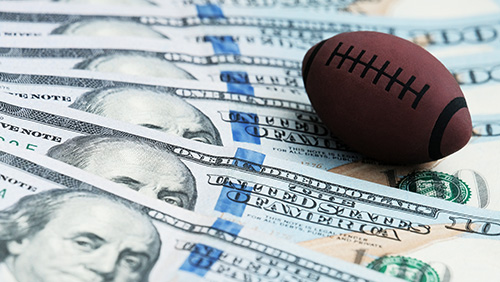Massachusetts is just one of many states in the U.S. to be considering sports gambling legislation and, like many of those, the debate lingers. Lawmakers often have a difficult time reaching a consensus on virtually any topic – which is why it takes so long for politicians to get anything done – and sports gambling is no different. There are two hearings scheduled for this week in Massachusetts that should help push the sports gambling debate along, but there’s a problem. The legislators are going to have to consider nine different sports gambling bills, one of which was submitted by the state’s governor, Charlie Baker.
Tomorrow, the Joint Committee on Economic Development and Emerging Technologies will hear testimony from attendees on the pros and cons of legalized sports gambling. The second hearing will take place on Wednesday and is an open forum designed to receive public input on the subject.
If lawmakers in the state find common ground and can push sports gambling legislation ahead, Massachusetts would become the second state in the New England region to authorize the activity. Rhode Island was the first when it approved a sports gambling bill last year, but many have said that the preliminary indications show that the industry has flopped in that state. There has already been one lawsuit filed challenging the legality of Rhode Island’s sports gambling legislation and the industry did nowhere near the revenue many anticipated.
Governor Baker’s bill would authorize sports gambling on professional sports only – college and high school games would be off-limits. The Massachusetts Gaming Commission would be in charge of the industry, setting all regulations and doling out licenses. He proposes a 10% tax on revenue from brick-and-mortar operations and 12.5% on mobile bets. $100,000 would need to be submitted with a potential operator’s application, and approved operations would be assessed a five-year license that costs $500,000.
